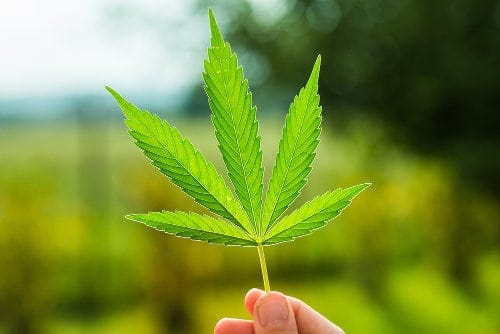According to the National Institute on Drug Abuse, nearly half of all teenagers in the U.S. try marijuana before they graduate from high school. Marijuana use is becoming more prevalent and accepted, thanks to legalization of the substance in numerous states for both medicinal and recreational purposes. Unfortunately, wider acceptance has also fed some of the myths about the safety of this drug, leading to higher use among the younger crowd. We have some of the common myths circulating about marijuana and the facts that debunk these myths.
Marijuana is not a significant health risk.
This misconception may stem from the fact that a user cannot overdose and die from using too much pot. However, the long-term health ramifications of using this drug regularly include cognitive impairment and an increased risk of mental disorders and lung cancer. The drug is also associated with a higher incidence of risky sexual behavior, which can increase the user’s risk for sexually-transmitted diseases.
I cannot become “hooked” on marijuana.
It is true that marijuana in not as addictive as many other drugs circulating today. However, the THC in marijuana stimulates the release of dopamine by the brain, which leads to feelings of pleasure and euphoria. This process can lead to abuse and addiction, as evidenced by the fact that more teens enter treatment programs yearly with a diagnosis of marijuana dependence than all other drugs combined, according to the Office of National Drug Control Policy.
Marijuana has medicinal benefits.
This misconception stems from the fact that marijuana has been legalized in 23 states and the District of Columbia for medical purposes. However, under the Comprehensive Drug Abuse Prevention and Control Act of 1970, marijuana is listed a Schedule I Controlled Substance, meaning it has no recognized medical value. On the other hand, synthetic THC has been approved by the FDA as a legal version of marijuana and has been available by prescription since 1985 in a drug known as Marinol.
If it’s legal, it must be okay.
The legalization of marijuana has made getting the truth out about the dangers of marijuana an uphill battle. People, especially young people, assume that if the drug is legal, it must be safe. Unfortunately, there is ample evidence to suggest otherwise, including long-term effects on the brain that could be permanent. In addition, the National Institute on Drug Abuse warned in 2013 that regular use of marijuana could set a user on a “downward life trajectory” that includes a negative impact on both social and cognitive development.
Marijuana is a drug with the same risks and dangers as other drugs used on the street today. If your teen is struggling with marijuana dependence, we can help. Contact Visions Adolescent Treatment Centers at 866-889-3665 to learn about our treatment programs and get the help you need today.








